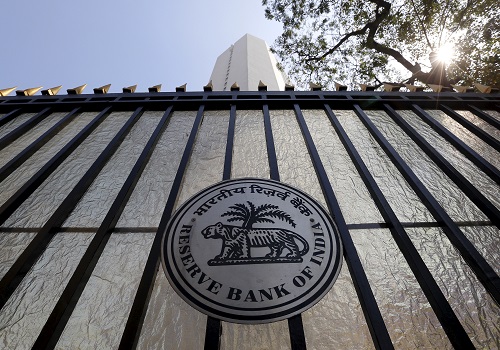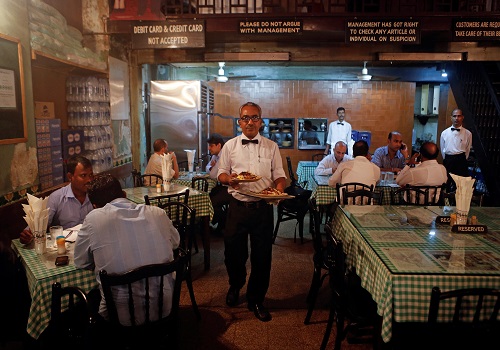Goa mining dependents urge state government to focus on actual mining restart to avoid further destruction of livelihoods
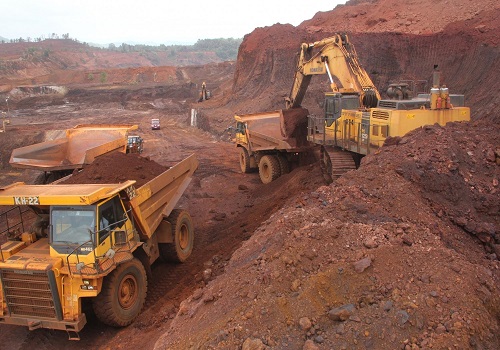
Follow us Now on Telegram ! Get daily 10 - 12 important updates on Business, Finance and Investment. Join our Telegram Channel
The continuing mining ban in Goa has put the livelihoods of thousands of families in jeopardy. Several trade and workers associations have warned that if the government does not take an urgent action to resolve the crisis, scores of people would further lose their employment adding to the already critical state of unemployment in the state leading to more pressure on the already struggling state economy that will deteriorate to the extent of irreparable damage.
The suffering of people for the past four years since mining was halted in Goa has increased manifolds and still there is no concrete solution in sight. The Mining ban has literally tattered the socio-economic thread of the society in the state. Despite multiple appeals by different stakeholders to the state and the central government, there has been no change in the status quo.
With the state government promising a resolution in the current Budget session, there is a glimmer of hope among the mining dependents, who feel that since the BJP party has been re-elected, the government will now take action to resolve the crisis.
According to a recent survey, nearly two in five Goan households have been impacted by the mining ban in some way or the other with one in five being affected severely. The affected parties have strongly urged the government to take the legislative route to resume sustainable mining to revive the state economy and provide relief to the mining dependent families at the earliest.
Atul Jadhav, Ex-President, GBOA (Goa Barge Owners Association), said, "In the last decade of the mining crisis in Goa, river barge business is the most negatively impacted sector. There can be no alternate business to Barges other than Iron Ore cargo. There were over 360 barges operating with around 12000 people employed in the barge sector, including crew at barge, workshops, and service offices.
"The second mining closure in the past four years has compounded the losses on our business. Barge owners had re-invested in the business just before the sector was hit by the judicial decision which made matters worse for us. To make best of whatever is left, mining has to start in a continuous and sustained manner. Interrupted mining operations are mentally distressful and pose financial difficulties. We deserve a sustained business."
Cletus Dsouza, Chairman, MEAI (Mining Engineers Association of India), Goa Chapter said: "MEAI has constantly represented the matter with the central and state government for a viable solution by synchronizing the prevailing laws in Goa through prospective amendments. With the continuity of suspension, the technical and skilled workforce finds itself in a rather unfortunate position with this lack of empathy."
Devanand Parab, President, Sesa Workers Union said: "Mining has been stopped for the last 4 years, and our company is the only Mining company that has retained its employees. With no visibility on Mining restart, there is a clear sword hanging on us and there is so much insecurity in terms of continued employment. The impact of this impending threat will affect around 2000 employees and their families. We, the Workmen representatives of mining dependent employees must not be caught unaware by this prevailing scenario."
Similar fears were expressed by other trade union leaders expressing the trade union's helplessness to defend the jobs and betterment of the trade union members.
In February 2018, the Supreme Court had quashed 88 mining leases renewal in Goa, bringing the state iron ore industry to a standstill. The decision affected the livelihoods of over 3 lakh mining dependents. Since then, the trade Unions and industry associations have been appealing to the government, urging them to allow mining activities, to undo the livelihood and economic deadlock in the state.


.jpg)
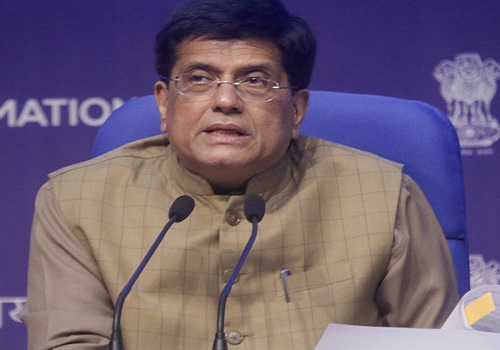
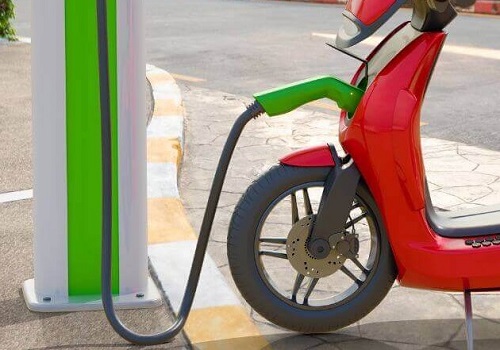
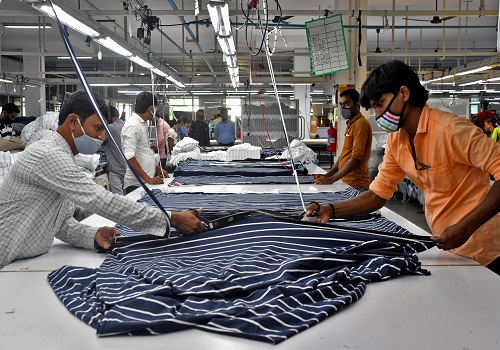




Top News
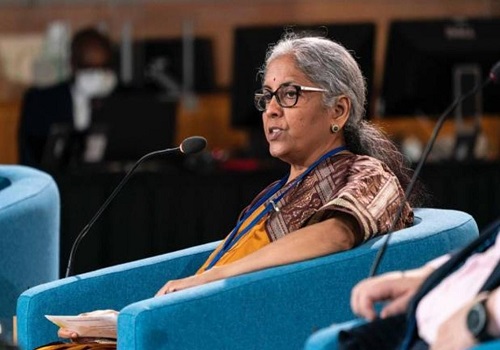
Centre to release Rs 95,082 crore as tax devolution to states in November: Nirmala Sitharaman
Tag News

Monthly Debt Market Update, September 2023: CareEdge Ratings







